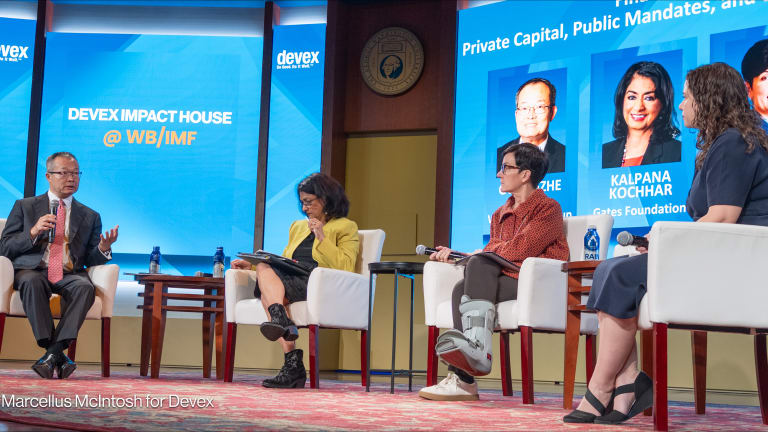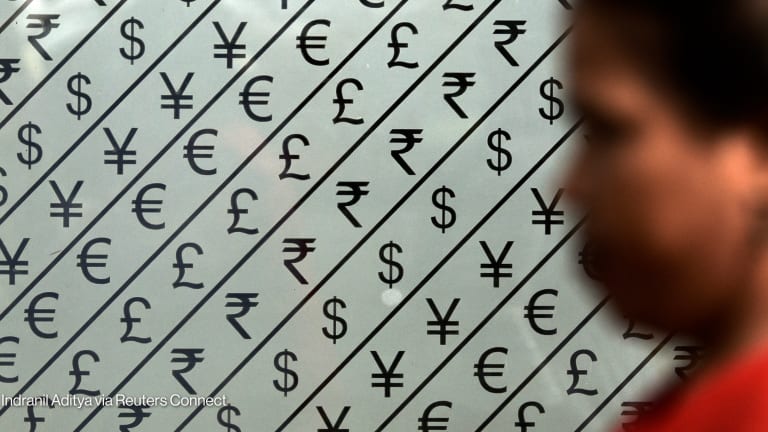The World Bank is “on track” to hit a target of $95 billion for the replenishment of a key fund for low-income countries, a senior official told Devex, even as the funding round comes a year early.
“We should be able to do at least $95 billion,” said Samuel Maimbo, director of development finance at the World Bank.
The figure is a 15% increase from the International Development Association’s last funding round. IDA19 was finalized in December 2019, and reached a package worth $82 billion in what was dubbed an historic accomplishment.
This story is forDevex Promembers
Unlock this story now with a 15-day free trial of Devex Pro.
With a Devex Pro subscription you'll get access to deeper analysis and exclusive insights from our reporters and analysts.
Start my free trialRequest a group subscriptionAlready a user? Sign in
Printing articles to share with others is a breach of our terms and conditions and copyright policy. Please use the sharing options on the left side of the article. Devex Pro members may share up to 10 articles per month using the Pro share tool ( ).








